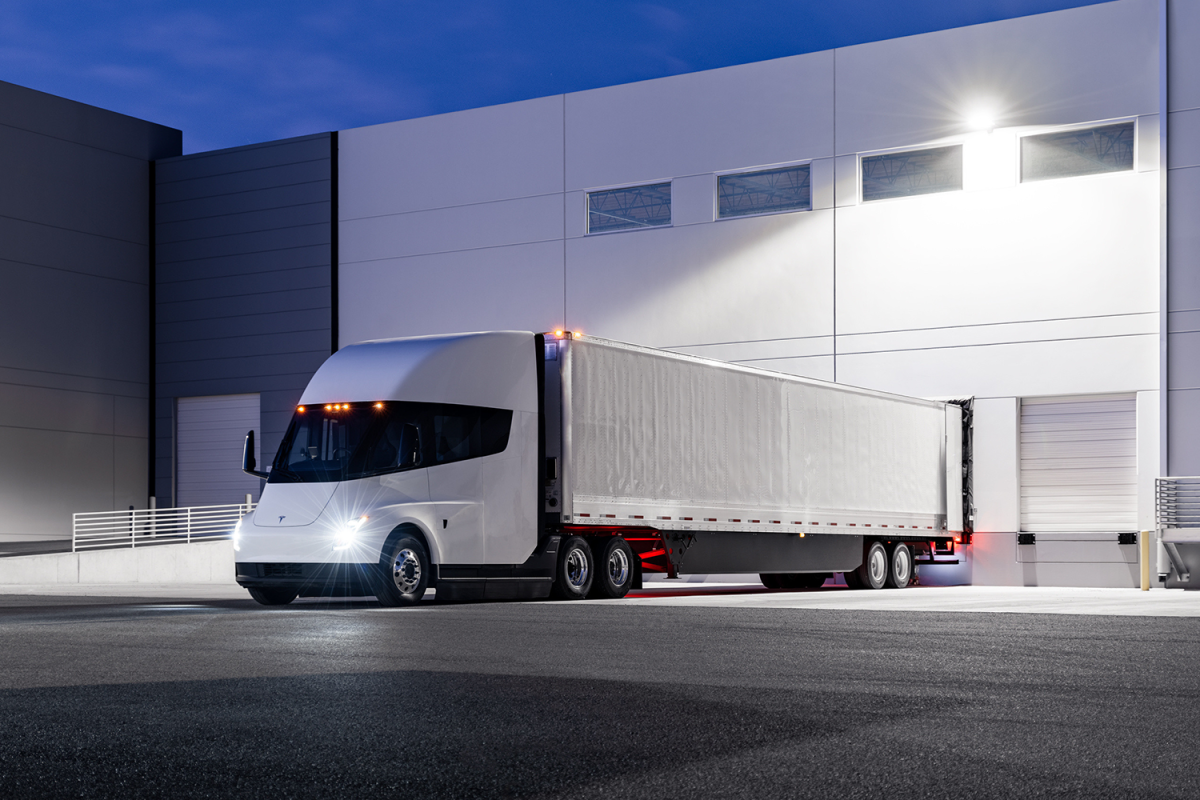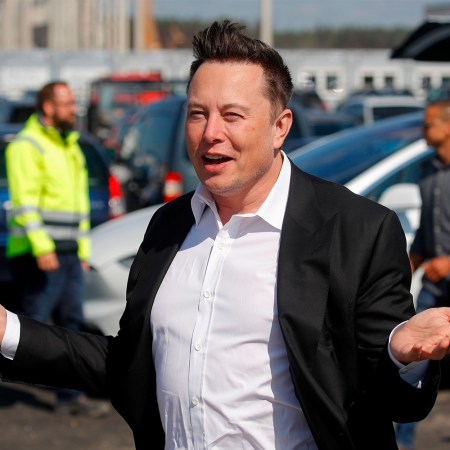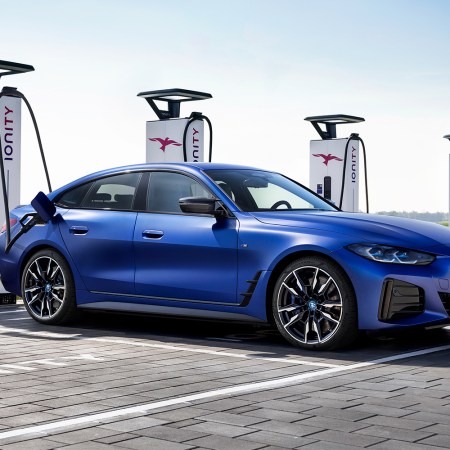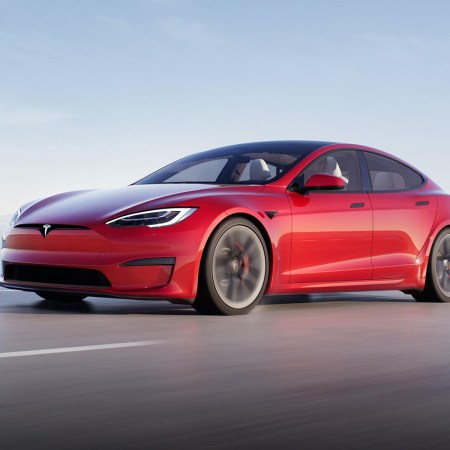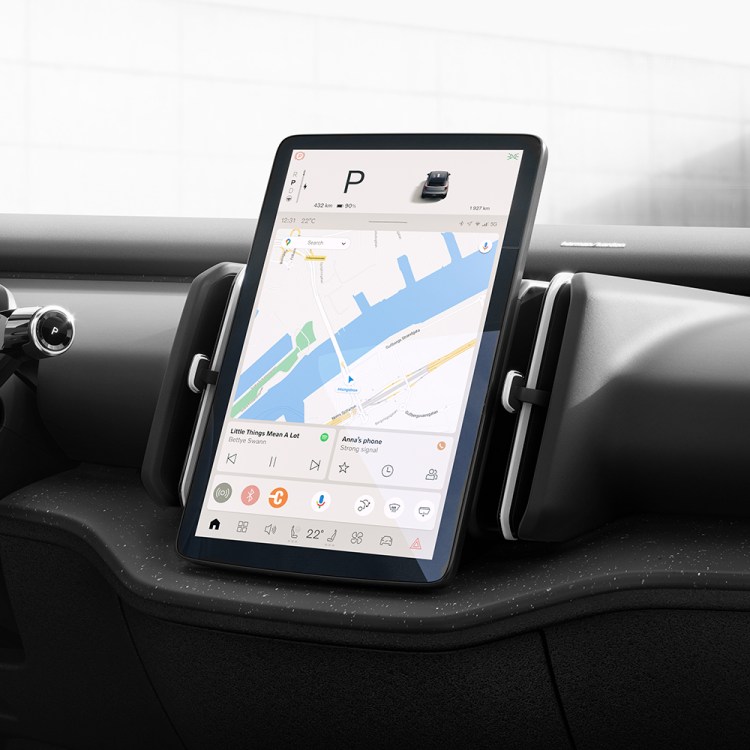Bill Gates has solutions to the climate crisis. At least, he believes he does. Last year, he wrote a whole book about it. But months before How to Avoid a Climate Disaster was released, he published a blog outlining his thoughts on “[moving] around in a zero-carbon world.” One takeaway from that? As he said, electrifying heavy, long-haul trucks is the wrong solution.
On Thursday, two and a half years after that criticism, Elon Musk made the first real attempt to counter Gates’s argument by delivering Tesla’s first electric Semi trucks to customers. As CNN Business reported, the first batch of long-haul EVs were handed over to PepsiCo at Tesla’s factory in Sparks, Nevada, though it wasn’t clear “how many trucks were actually being delivered…or how many were being produced, or at what rate.”
What is clear is that Tesla promises that the Semi models, which were first announced in 2017, have a battery range up to 500 miles, even when they’re fully loaded with cargo. To prove this performance, Tesla did what it always does: released a short video purportedly showing the awesome might of their creation. Reportedly, the class 8 truck weighed in around 81,000 pounds and completed the trip, from Fremont to San Diego, California, without needing to charge.
Game, set, match for Gates, right? Not so fast. There are a few big issues left to consider.
First, even if the Semi can drive for 500 miles without needing to power up, how long will truck drivers need to spend charging these humongous batteries when they are depleted? We already know that can be a problem for consumer EVs. During the delivery event, Musk and Dan Priestley, Tesla’s senior manager for Semi truck engineering, spoke about a new, more powerful 1 megawatt charging system, but they didn’t give specifics about how fast it would be. Plus, while we have some video evidence the Semi works, we don’t have real world data about how the trucks will fare on a day-to-day basis for a company like PepsiCo. And Tesla has overpromised and under-delivered before.
This is where Gates comes in. He predicted that “electric vehicles will probably never be a practical solution for things like 18-wheelers,” the operative word there being “practical.” While 500 miles on one charge is a huge achievement in EVs, it’s not equal to current fossil fuel long-haul trucks, especially if you have to factor in a long time to charge (Tesla’s website says the Semi battery can charge up to 70% in 30 minutes, but we need to see proof of this, and that the fast chargers needed can be deployed around the country). In his blog, Gates advocated for new biofuels and electrofuels (like hydrogen) instead of electricity in these cases.
In his favor, PepsiCo, the company taking the first Tesla Semi deliveries, isn’t all-in on electric trucking. Next year, they reportedly plan to test a hydrogen-powered option in Australia.
So if you read one of the many headlines today that says Musk proved Gates wrong with these deliveries, that’s not quite true. His argument still stands until we see if the Semi can be a practical option for trucking. And don’t expect Gates to take the Tesla (and now Twitter) chief’s half-hearted offer to drive one of these EVs for himself. After being dissed countless times on social media, the Microsoft co-founder is probably happy to watch Musk flounder or flourish from the comfort of his own home, maybe while he works on another best-selling book.
Thanks for reading InsideHook. Sign up for our daily newsletter and be in the know.
